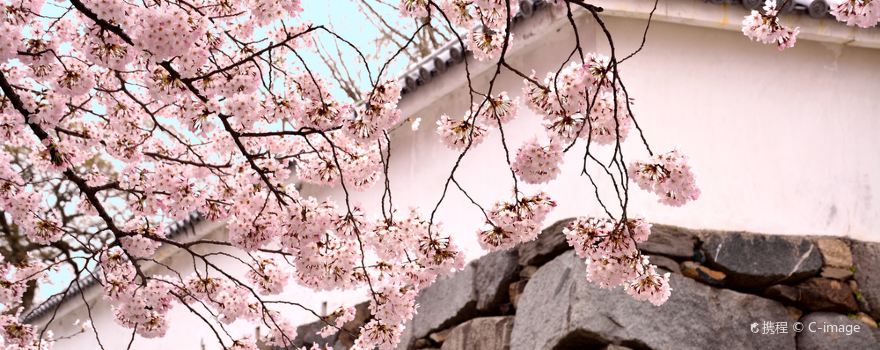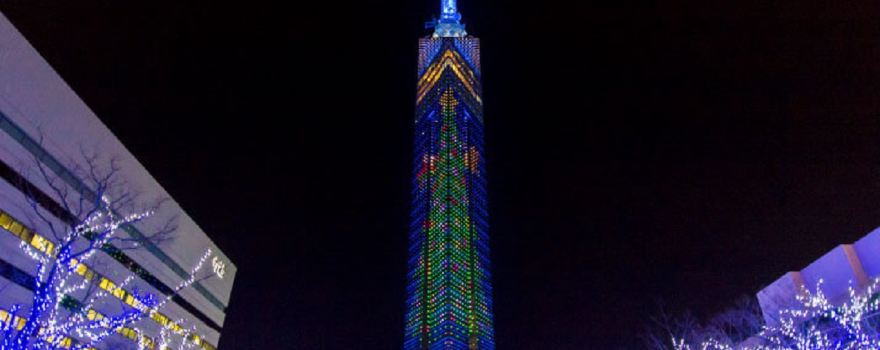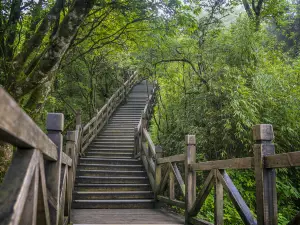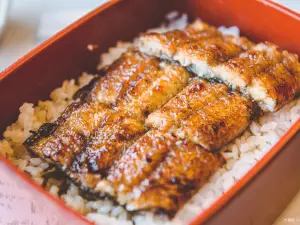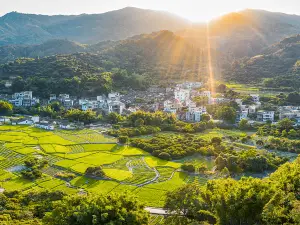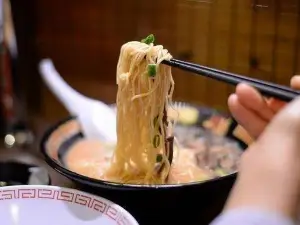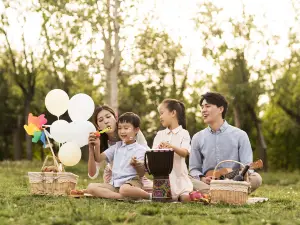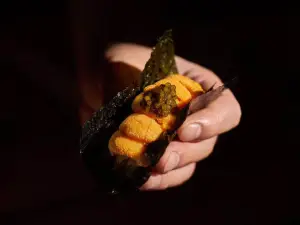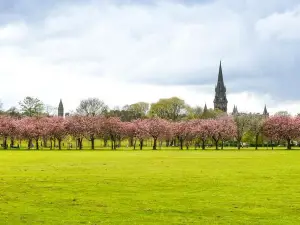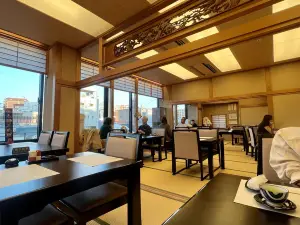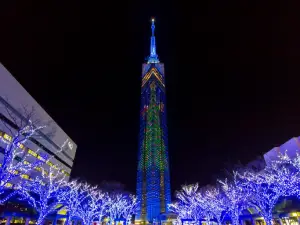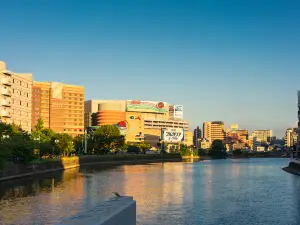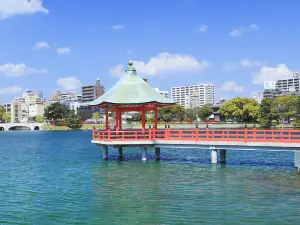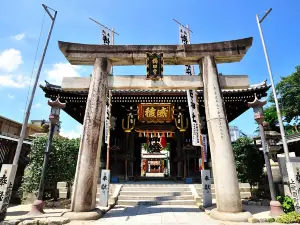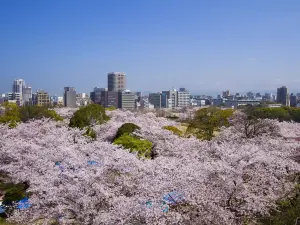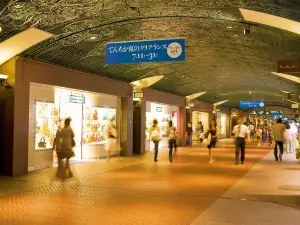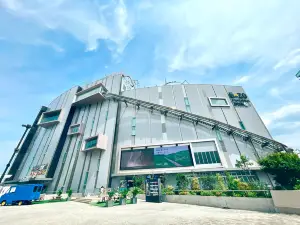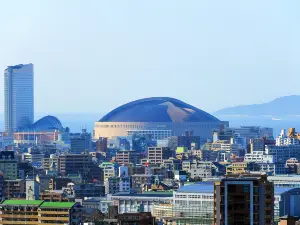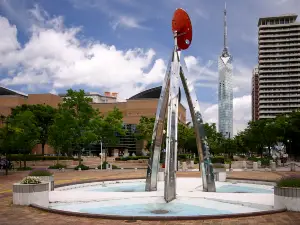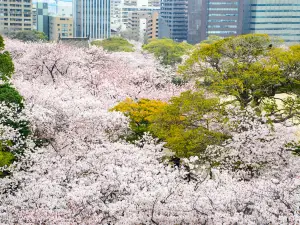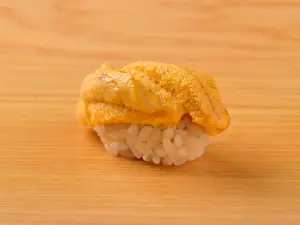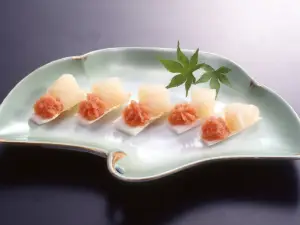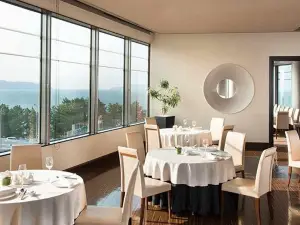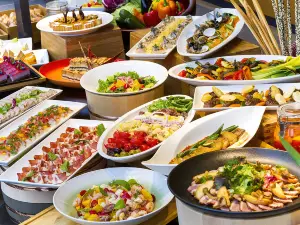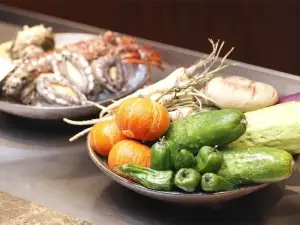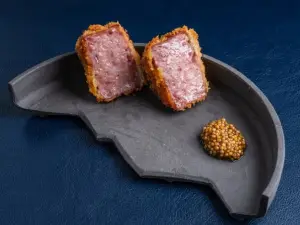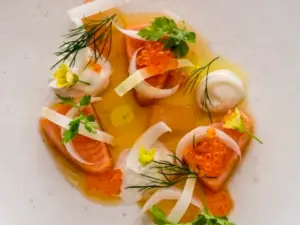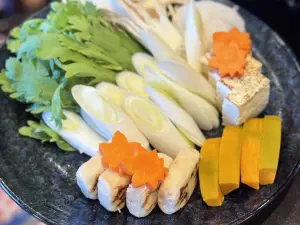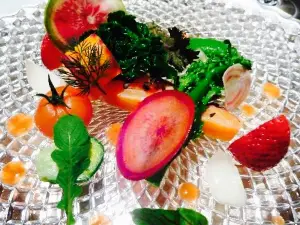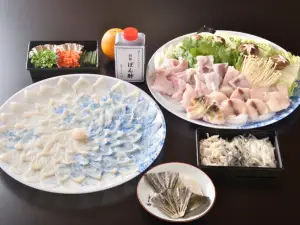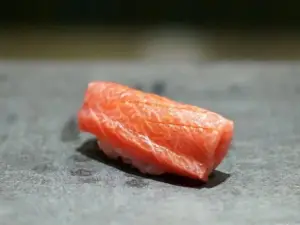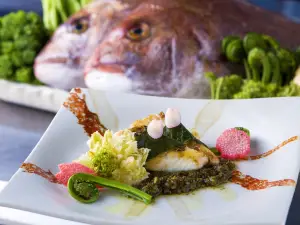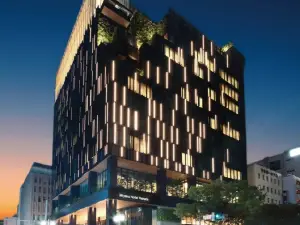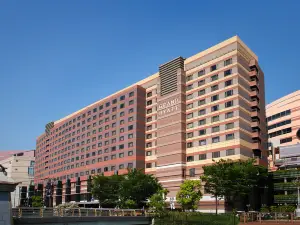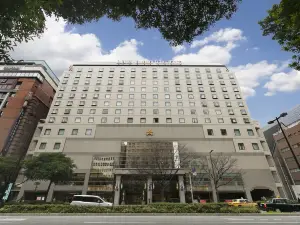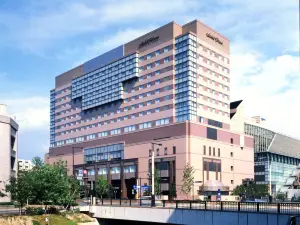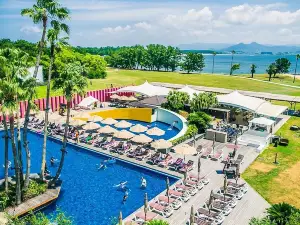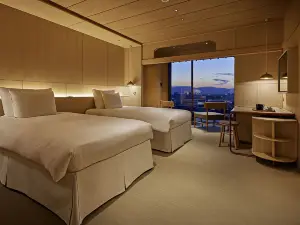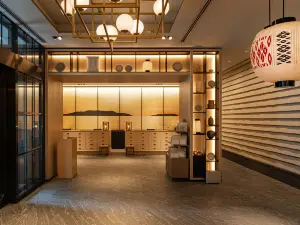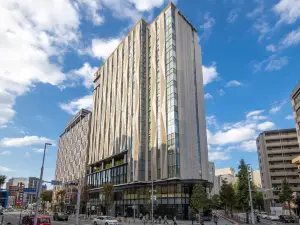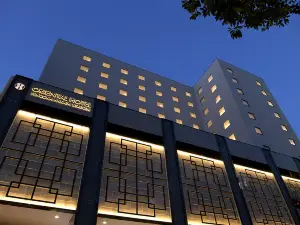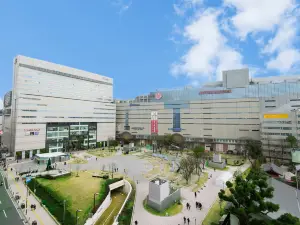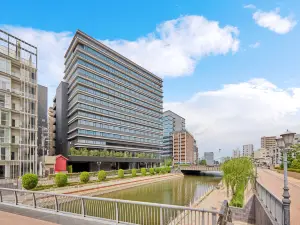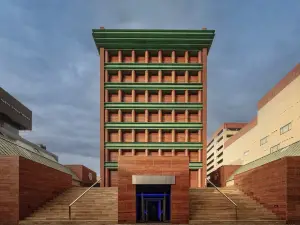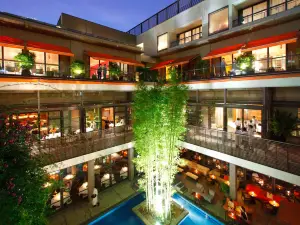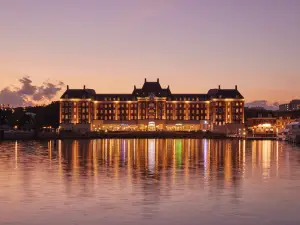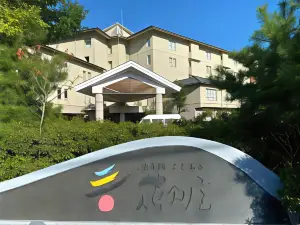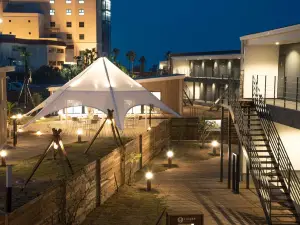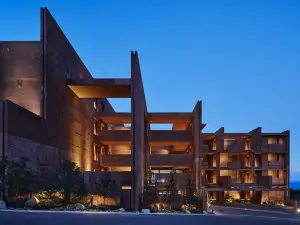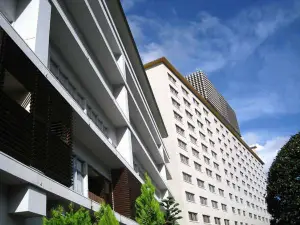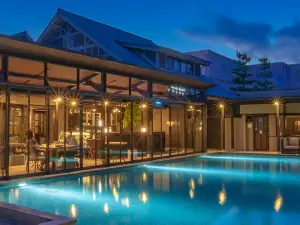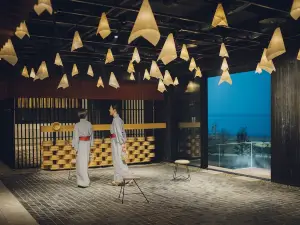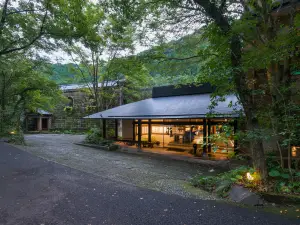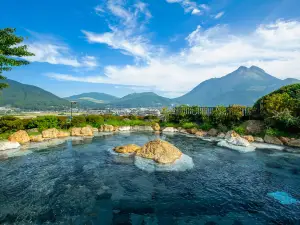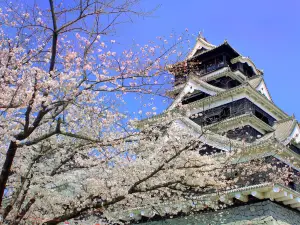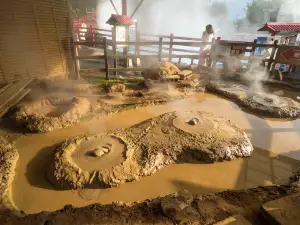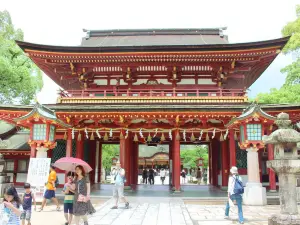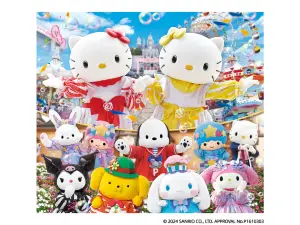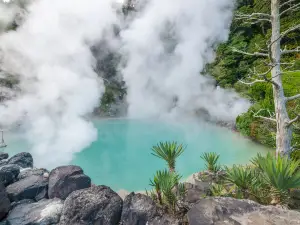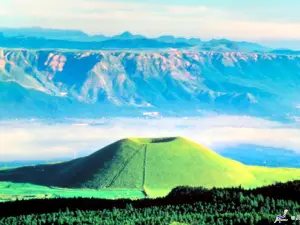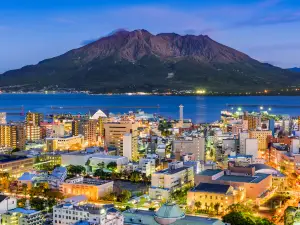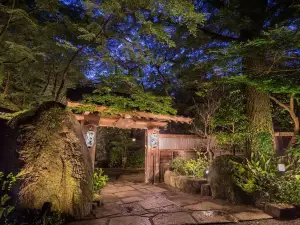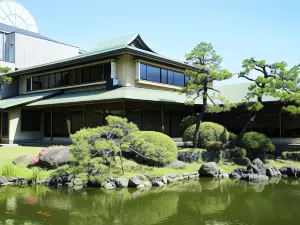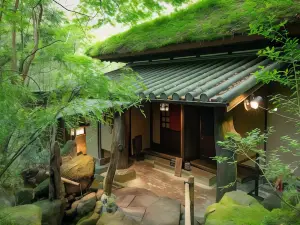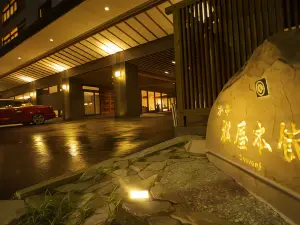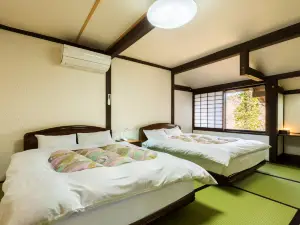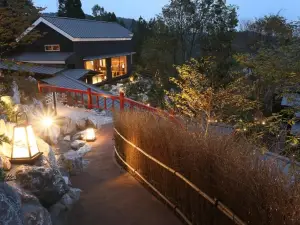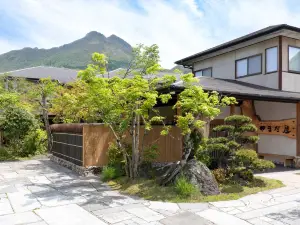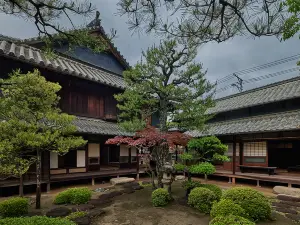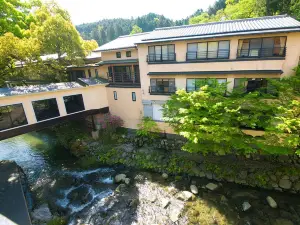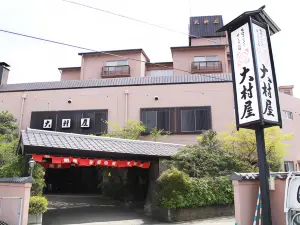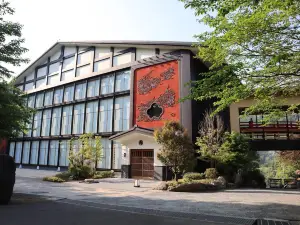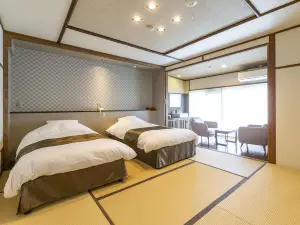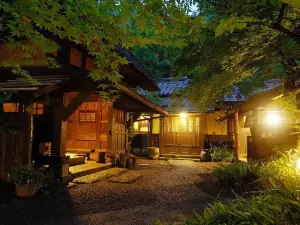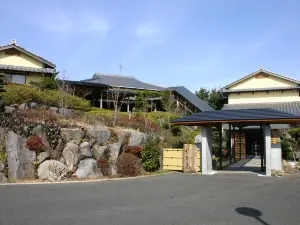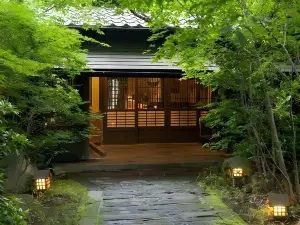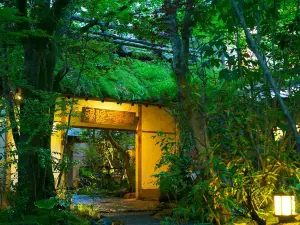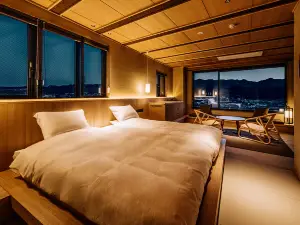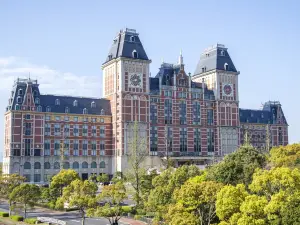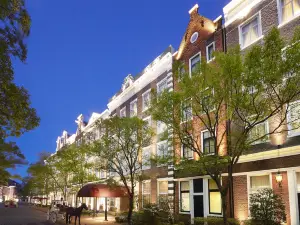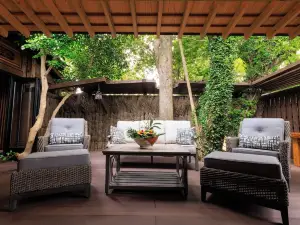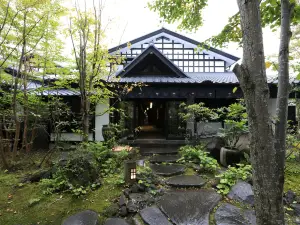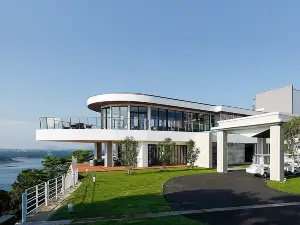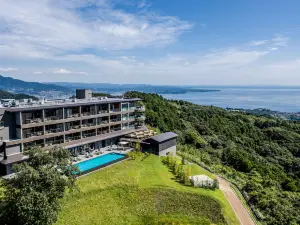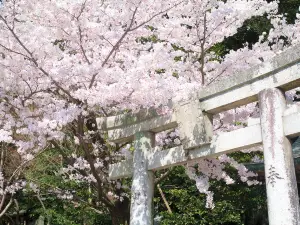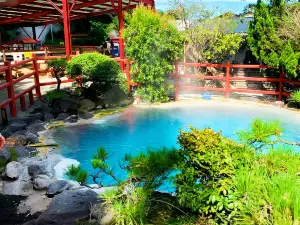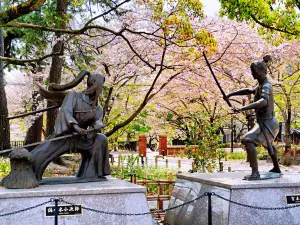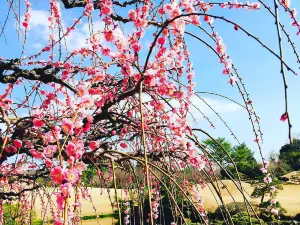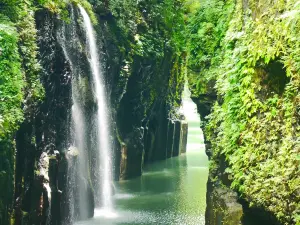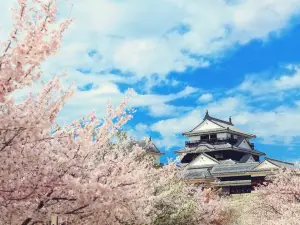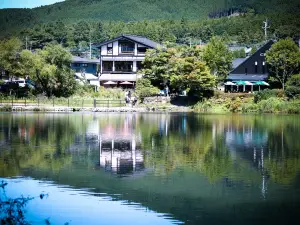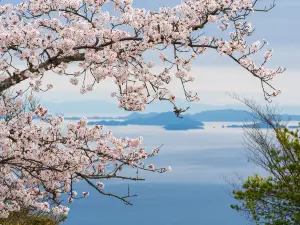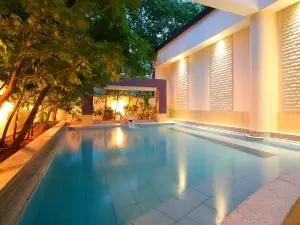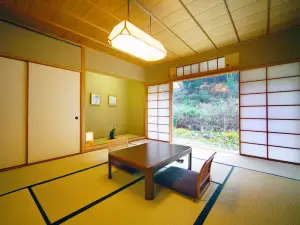2025 Fukuoka Travel Guide: Weather, Transportation, Popular Attractions, and Everything You Need (Updated 2025 4)
About Fukuoka
Recommended trip: 2–4 day(s)
Recommended trip: 2–4 day(s)Current Weather Conditions
Fukuoka Local Experiences Map
Fukuoka Local Travel Guide 2025
Fukuoka Brief Guide
Fukuoka is the center of Kyushu. It is a city which is very suitable for living with its clean, broad streets and modern landscape. Canal City Hakata is a large integrated shopping, food and entertainment district near busting Nakasu. It gets lively at night. Most tourists and travelers who come to Fukuoka all take a trip to the nearby Dazaifu The atmosphere here is full of old poetry. You can buy a plum cake and stroll slowly through the old town.
Fukuoka Must-try Local Experiences
1. Explore the Historical Charms of Fukuoka Discover Fukuoka's rich history by visiting Kushida Shrine, Fukuoka Castle ruins, and Tochoji Temple. Enjoy panoramic city views and serene gardens. At Korokan Ruins Museum, a reception hall for Korean and Chinese envoys dating back to the 7th century, you can delve into Fukuoka’s ancient role as Japan’s gateway to foreign exchange. 2. City Walk in Hakata Old Town Just a walk from Hakata Station, Hakata Old Town offers a glimpse into local “commoner culture.” Try hand-painting a Suyaki Ningyo, visit Kushida Shrine to see the Yamakasa Gion Matsuri, the biggest festival in Fukuoka, and step through the Hakata Sennen no Mon gate that connects the past, present, and future. Traditional temples and shrines sit along peaceful streets. 3. Get Close to Fukuoka’s Vibrant Festivals Participate in traditional Fukuoka festivals like the Hakata Dontaku Port Festival and the Hakozaki Shrine Hojoya Festival. At the famous Hakata Gion Yamakasa, see local men dressed in traditional garb, racing barefoot through the streets while carrying massive festival floats. Immerse yourself in the warmth and energy of the locals and Fukuoka’s unique festival culture. 4. Feel the Coastal Breeze and Enjoy Seaside Scenery Explore the sandy shores of Momochi Seaside Park, soak in the lively port vibe at Bayside Place Hakata, or head to Uminonakamichi Seaside Park for a blend of nature and relaxation. Nokonoshima Island’s flower fields and Ainoshima’s “cat paradise” are also must-visit spots. 5. Unwind with a Relaxing Island Getaway Fukuoka has perfect day-trip islands like Shikanoshima and Nokonoshima. Rent a bike and cycle around Shikanoshima, and don’t miss tasting the island’s oysters. Nokonoshima blooms beautifully in spring and autumn. For more time, consider a trip to Itoshima, where scenic cliffs, white sand beaches, and winter migratory birds await. 6. Watch a Romantic Sunset from a FUKUOKA OPEN-TOP BUS FUKUOKA OPEN TOP BUS offers three double-decker open-top routes around the city. Tickets are available at the city hall information desk, which also allows free rides on the Fukuoka Green Loop Bus and some regular buses. The routes start from City Hall and provide the perfect view for a memorable sunset. 7. Get a Panoramic View from Fukuoka Tower Ascend one of Fukuoka’s high-rise observation towers to enjoy 360-degree views of the city, particularly impressive at night. The panoramic perspective offers a new way to see Fukuoka’s cityscape. 8. Try Umegae Mochi and Pray for Success at Dazaifu Tenmangu Shrine Don’t miss the historic town of Dazaifu Tenmangu Shrine, famous for its plum trees and umegae mochi. Visit Tenmangu Shrine, dedicated to the god of learning, Michizane Sugawara, where locals pray before exams. The Kyushu National Museum nearby explores the cultural exchange between Kyushu and East Asia. 9. Feast on Fresh Seafood and Local Delicacies Fukuoka is a food lover’s paradise. Don’t miss local favorites like Hakata ramen, motsunabe (offal hot pot), mizutaki (chicken hot pot), mentaiko (spicy cod roe), and yakitori skewers. At Yanagibashi Union Market, known as “Hakata’s Kitchen,” sample everything from fresh seafood to tempting mentaiko. 10. Experience Fukuoka Yatai Food Stalls for Late-Night Bites Fukuoka Yatai Food Stalls are a Fukuoka specialty. As night falls, around a hundred yatai pop up, serving Hakata ramen, oden (hot pot), gyoza, tempura, and even Fukuoka’s signature motsunabe. Near Nakasu Kawabata, there’s even a “yatai street” that offers a unique glimpse into Fukuoka’s nightlife. 11. Shop Till You Drop in Bustling Shopping Districts Tenjin is Fukuoka’s main shopping district, filled with shops, restaurants, and cafes, along with an entire underground shopping street sheltered from the elements. At the historic Kamikawabata Shopping Arcade, you’ll find traditional stores mixed with modern shops, still carrying a trace of Showa-era charm.
Fukuoka Travel Tips
1. Advance Booking for Popular Attractions: For popular attractions like TeamLab Forest and Fukuoka Castle Ruins, it's essential to book tickets in advance. These spots often sell out, especially on weekends and holidays. During cherry blossom season, Fukuoka Castle Ruins implements a timed entry system, so make sure to reserve your slot early to avoid long queues. TeamLab Forest also recommends advance booking to ensure entry.. 2. Typhoon Season Awareness: Typhoon season in Fukuoka is from June to October. Monitor weather updates and follow local advisories to stay safe. Stock up on non-perishable food, water, and batteries. Expect possible delays or cancellations in transportation and temporary closures of schools and commercial facilities. 3. Beware of Mukade: Mukade, large centipedes, are occasionally found in Fukuoka. While not typically aggressive, their bite can be painful. Be cautious when hiking or in rural areas. Avoid touching them with bare hands and check shoes and bed linens regularly. If bitten, clean the area with soap and water and seek medical attention if necessary. 4. Food Safety at Yatai Stalls: Fukuoka is famous for its yatai (food stalls). Choose busy stalls with high turnover and visible hygiene practices. Note that raw foods are not served due to regulations, ensuring cooked dishes are safe. Enjoy local favorites like tonkotsu ramen and motsunabe. 5. Strict Smoking Regulations: Fukuoka has strict smoking regulations. Smoking is prohibited on streets and in most public spaces, including while walking or riding a bicycle. Use designated smoking areas, especially in Tenjin and Hakata Station areas, to avoid fines.
Fukuoka Must-see Attractions
Fukuoka is a vibrant Japanese city offering a mix of modern attractions like the towering Fukuoka Tower and the innovative Canal City Hakata, alongside immersive experiences with marine life at Marine World Uminonakamichi, tranquil natural beauty at Ohori Park, and rich cultural heritage at the historic Kushida Shrine.
Fukuoka Where to Stay
Fukuoka is a vibrant city in southern Japan, known for its dynamic blend of traditional charm and modern attractions. The city's accommodation landscape is diverse, with various regions offering unique experiences for travelers.
Fukuoka Food Guide
Fukuoka's food scene is celebrated for its Hakata Ramen with customizable thin noodles in pork bone broth, the comforting Mizutaki chicken hot pot with a rich history, and the sizzling Hakata Gyoza served hot on iron pans, all reflecting the city's culinary heritage and innovation.
Fukuoka Useful Guide
Fukuoka's transportation network is well-developed, with Fukuoka Airport and Hakata Port being the primary gateways for international and domestic travelers. Fukuoka Airport (FUK), located just 3 km east of Hakata Station, is the fourth busiest passenger airport in Japan and a major hub for both domestic and international flights. To reach the city from Fukuoka Airport, passengers can take the Fukuoka City Subway directly to Hakata Station in about 5 minutes or to Tenjin Station in approximately 11 minutes. The airport's domestic terminal is connected to the subway, while the international terminal is accessible by road, with bus services to Hakata Station and the Tenjin area. Hakata Port, a significant hub for international exchanges, welcomes domestic and international cruise ships and has the largest number of international passengers among seaports in Japan. The port offers a liner passenger service to Busan, Korea, in about three hours. From Hakata Port International Terminal, travelers can take a city circulation bus to Hakata Station or Tenjin, or opt for a taxi to the city center. Hakata Port is also a starting point for trips within Fukuoka Prefecture and to other parts of Kyushu.
Trip.Best: Fukuoka
Things to do in Fukuoka
What to Do
Marine World
Canal City Hakata
Tenjin Underground Mall
BOSS E · ZO FUKUOKA
Where to Stay
What to Eat
Brasserie & Seala Lounge
Renxingting jinban (JR boduo City )
Fukuoka Moments: Through Travelers' Eyes

A trip in fukuoka

Fukuoka Cherry Blossom Viewing Strategy|Maizuru Park

Embark on a Fukuoka City Walk from Canal City Hakata

Fukuoka Winter Slow Life | A Comfortable and Leisurely City Walk Guide

Fukuoka... Japan on a Budget.

Chasing Sakura at Fukuoka Prefecture

Fukuoka 2-Day Trip Itinerary

8 Days in Fukuoka
Best of Fukuoka
Site Operator: Trip.com Travel Singapore Pte. Ltd.
